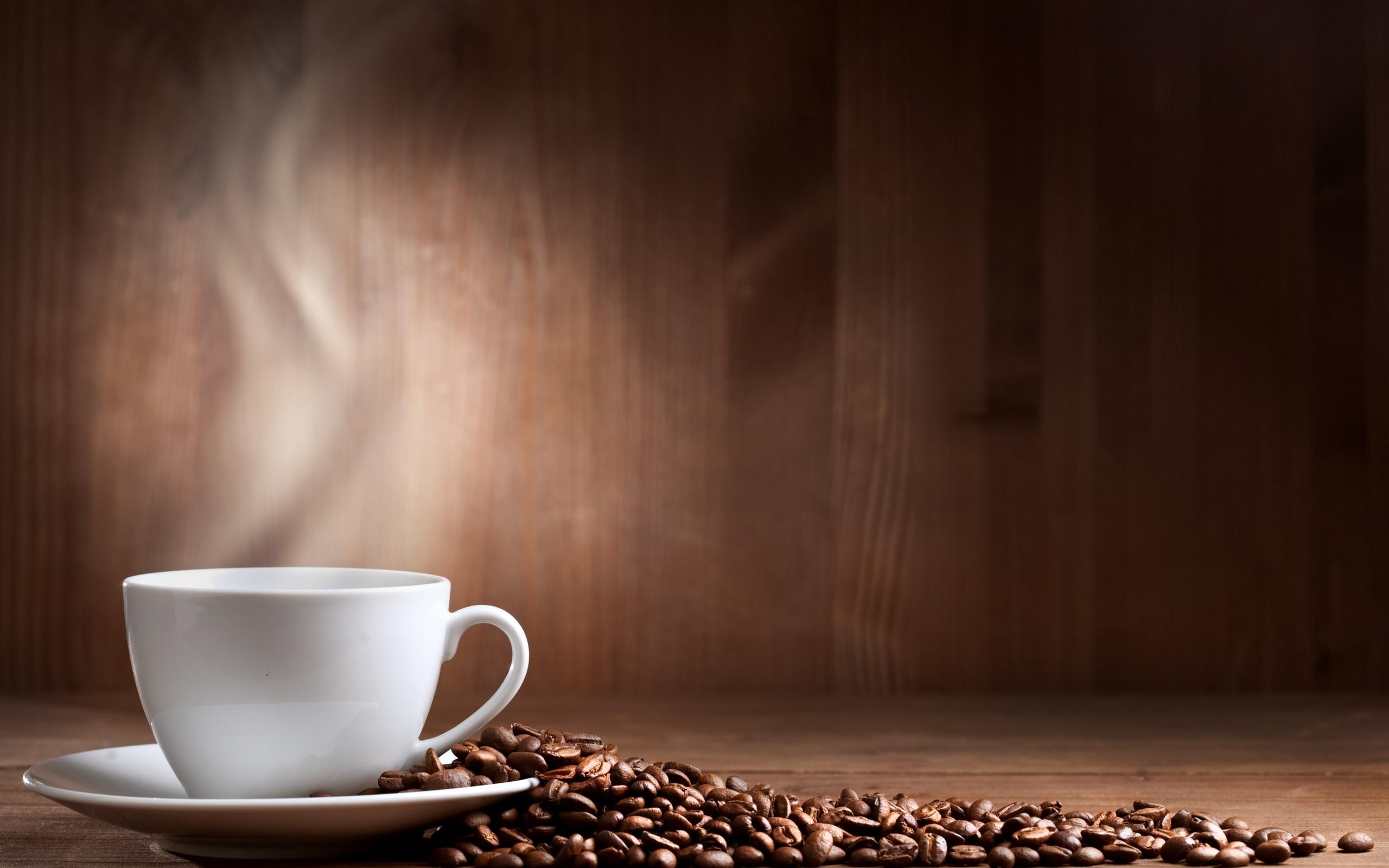10 Foods to Avoid if You Have Urinary Incontinence

All the fluids we drink affect our urinary cycles, but some fluids (such as coffee and beer) have a greater impact, since they are diuretic bladder irritants. Even fruit juices can increase the sudden urge to urinate, as their acidic content irritates our bladders. If frequent urination at night is an issue, controlling the timing and quantity of your fluid intake during the day can alleviate it. Try to drink more fluids in the morning and early afternoon, rather than in the evening or at night. Moderation is the key to improving bladder function— the more we drink and the more quickly we drink, the more frequently we will have to urinate. So slowly drink small amounts of fluids during the day. Note that our bodies absorb water from food as well. So foods with high water content, like soups, can also result in higher bladder action. Again, it is helpful to avoid these foods in the evening and at night.
Try to avoid foods and beverages containing caffeine and alcohol, and stick with drinking enough water as often as possible.
Having said that, it is important to drink enough fluids to avoid waste build up in our bladders that can irritate them. We should monitor urine color and smell to ensure we are drinking enough. Dark yellow, strong-smelling urine is an indication that the fluid consumption is too low.
If you have urinary incontinence, you may feel strong, sudden urges to pee, especially during the night. Eating or drinking certain things can make symptoms worse, mainly because your bladder is sensitive to irritants that can trigger the urge to go.
Paying attention to these triggers—and avoiding them if possible—can go a long way toward cutting down on sudden bathroom trips.
Here are the foods and drinks to avoid:
Spicy Foods
You may want to reconsider reaching for hot pepper sauce at every meal or always eating sushi with wasabi. For pretty much the same reason that hot, spicy foods can make your mouth burn, it is thought they can irritate the bladder lining and worsen symptoms.
Cranberry Juice
Cranberry juice helps fight off bladder infections, but it can be a culprit in worsening overactive bladder symptoms. The berries’ acidity can irritate the bladder, and although its diuretic action helps flush out the bladder and urethra, it will also make you go more frequently.
Caffeine
It makes sense that if too much caffeine can make you jittery, it also can make your overactive bladder jumpy. So if you’re a coffee or tea lover, stick to one cup—and be prepared for the consequences. And be aware that cocoa and chocolate also pack a caffeine punch.
Alcohol
Like caffeine, alcohol is a diuretic and a bladder irritant. So drinking a beer is a triple whammy, because you’re consuming liquid, accelerating the rate at which your kidneys are gathering water, and forcing the bladder to empty more often. If you do drink stick to a single glass of wine or liquor per day.
Bubbly Drinks
Bubbly drinks can tickle your bladder as well as your nose. What’s more, soda often contains caffeine, sugar, or artificial sweeteners—all of which are overactive-bladder triggers in their own right.
Acidic Foods and Drinks
Acidic foods and drinks, such as grapefruits and orange juice, can also irritate your bladder, Dr. Winkler says. But don’t let citrus scare you away from other fruits, such as apples, blueberries, and pears, which provide key nutrients as well as a healthy dose of fiber. Eating fruit also helps stave off constipation, which can sometimes plague people with overactive bladder.
Tomatoes
Tomatoes, like citrus fruits, are quite acidic. If you can’t bear the thought of life without tomato sauce, some chefs swear adding a little sugar can make your ragu or Bolognese less acidic, although others argue that the sugar just masks the acid taste.
Sugar – Real and Artificial
Real sugar—and artificial versions such as Splenda—can worsen the symptoms of overactive bladder for some people. Even honey can cause problems. If you find that sweeteners give you bladder trouble, try to cut them out of your diet, or use as little as possible.
MSG
Monosodium glutamate, or MSG, most famous as a flavor enhancer used liberally in some Chinese restaurants, lurks in other foods as well. And for some people, MSG is a trigger of overactive bladder symptoms. Luckily, plenty of Chinese restaurants are now MSG-free. If you are MSG-sensitive, carefully read the labels of soups, stocks, salad dressings, canned vegetables, frozen entrées, and foods containing whey or soy protein to make sure they are free of the additive.
Too Much Liquid
The adage that drinking eight to 10 glasses of water per day is good for you turns out not always to be true. So there’s no reason for you to overload on liquids, which for obvious reasons can aggravate an overactive bladder. Drinking too little liquid can be a problem, too, because it can lead to overly concentrated urine, which is also a bladder irritant.
Managing Incontinence Is Easier When You Know Which Foods To Avoid
